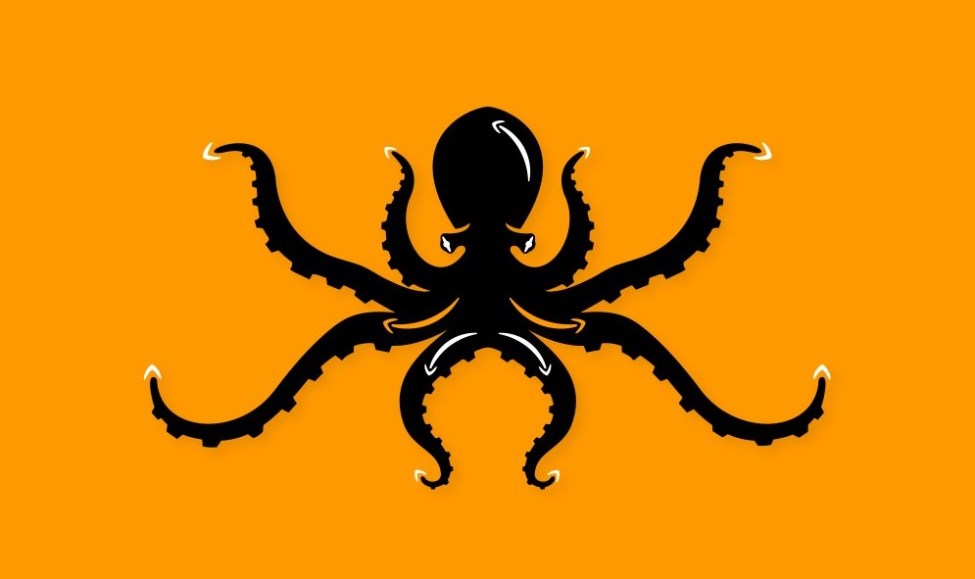Secure your place at the Digiday Publishing Summit in Vail, March 23-25
Amazon grants reprieve to ad tech partners in APS’ ongoing pricing saga

Last month Amazon Publisher Services contacted ad tech companies that help publishers connect to its advertiser-demand tool informing them of a notable price change starting today, May 1.
It was a development that caused considerable confusion and rancor among publishers and the supply-side platforms that connect them to Amazon’s Transparent Ad Marketplace (TAM), prompting an 11th-hour concession from APS.
For now, the differences between Amazon and supply-side platforms have smoothed over how to meet the increase in TAM buyer fees but the next three months will be filled with the complicated task of reaching a more permanent accord.
The uncertainty initially sprung four weeks ago when APS notified SSPs it was switching the billing model for access to its advertiser-demand offering TAM. This involved shifting from a $0.01 CPM charge to a fee of “2.5% of net revenue,” beginning May 1.
According to some APS partners, the proposal would represent a “4-5% increase over the current cost” which most SSPs covered as they deemed the $0.01 CPM charge negligible.
Conflicting communications
From here, leading SSPs, including Index Exchange, Magnite, and PubMatic, began outreach to their publisher partners to communicate this change. And although the wording of each communiqué seen by Digiday differed in precise wording – Index Exchange told Digiday it would offer to cover the price increase for a month – (in aggregate) they proposed passing the fees on to publishers by reducing the monthly payment made to them by 2.5%.
However, APS subsequently sent publishers seemingly conflicting messages that certain media owners interpreted as an intimation that SSPs reducing their monthly payments to publishers by 2.5% would violate contractual terms with APS. “It is against buyer [SSP] contracts to charge publishers post-auction,” read a note from APS to publishers sent during the early part of the week commencing April 24.
Effectively, this communication stated that APS wants SSPs, or “TAM buyers” as Amazon terms them, to pay the 2.5% fee, and not pass it on to their publisher partners. This series of developments kicked off much handwringing with publisher sources expressing confusion and SSPs balking at the narrow window to implement such a policy change.
Additionally, multiple sources contacted by Digiday interpreted the move as indicative of Amazon’s drive to further drive-up its advertising revenues, which rose 21% year-on-year to hit $9.5 billion last quarter, at the cost of SSPs.
As the May 1 deadline neared, a flurry of conference calls took place between concerned parties with APS eventually proposing a temporary compromise that allows SSPs to implement their initially proposed billing models, that is, provided they have consent from publishers.
“APS has decided to temporarily allow our buyer partners to seek written approval per publisher to bid in gross (and deduct the TAM fee from the monthly publisher payment), thus waiving the net bid requirement in those sole instances for a period through no later than 7/31/23,” reads an email from publishers to SSP partners dated April 28.
“If APS does not receive explicit consent from a given publisher by 5/31/23, you will continue to be bound to pay the given publisher in net for submitted bids for all impressions from 5/1/23 onwards.”
Separate sources told Digiday that SSPs are now entering into talks with Amazon to develop solutions that can deduct the 2.5% fee in a manner that complies with the requirements laid out in their APS contracts.
“This is definitely a case of being stuck between a rock and a hard place for some SSPs,” noted one publisher source to Digiday.
More in Media

How creator talent agencies are evolving into multi-platform operators
The legacy agency model is being re-built from the ground up to better serve the maturing creator economy – here’s what that looks like.

Why more brands are rethinking influencer marketing with gamified micro-creator programs
Brands like Urban Outfitters and American Eagle are embracing a new, micro-creator-focused approach to influencer marketing. Why now?

WTF is pay per ‘demonstrated’ value in AI content licensing?
Publishers and tech companies are developing a “pay by demonstrated value” model in AI content licensing that ties compensation to usage.









